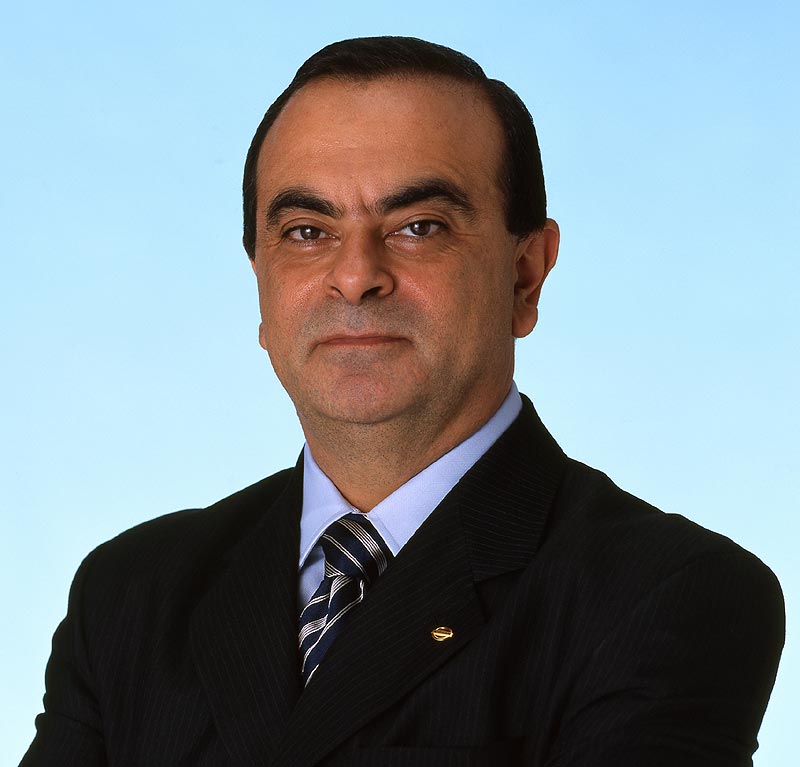Did Carlos Ghosn hide $70 million or are politics at play?
 |
| To minimize criticism of his salary, a plan was devised to defer about half of Ghosn’s annual pay until after retirement, keeping the numbers off the books |
Several people familiar with the prosecutors’ investigation now say the probe appears to hinge on a relatively arcane point of accounting — whether retirement payments were properly booked. Whether or not Ghosn broke Japan’s securities law by feeding the wrong numbers to Nissan’s board and its accountants (at this point, the allegations are unproven), corporate governance expert Jamie Allen says the deeper question is how anyone could have gotten away with something like that.
“It all comes back to a lack of internal controls," said Allen, head of the Hong Kong-based Asian Corporate Governance Association. “If the board genuinely didn’t know that the disclosure of his remuneration was inaccurate, that doesn’t say much for governance. And if they did know, they should take collective responsibility for the failure."
Fights over pay have been a constant for Carlos Ghosn almost since the moment he took over in 1999 as chief operating officer of the then-troubled Japanese automaker. Early on, he caught flack for rewarding Nissan’s senior managers for performance instead of seniority.
Later, in 2010, when Japan’s new rules on disclosure of executive compensation outed him as the country’s top-paid boss, he caught flack again. The $10 million he reportedly made that year might not have been out of line by Western standards, but it rankled in Japan where the brash Franco-Brazilian executive was seen to be taking home six times what Toyota Motor Corp.’s chairman made.
It now appears that even those numbers were understated. Carlos Ghosn’s salary had actually been much higher before public disclosure was required; to minimize criticism, a plan was devised to defer about half his annual pay until after retirement, keeping the numbers off the books, according to people familiar with the investigation.
Ghosn has denied any rules were broken around deferred compensation, people with direct knowledge of the case have said. His defense is that the amount of such pay wasn’t certain, and therefore it was appropriate to omit it from securities filings, they said. Ghosn hasn’t had an opportunity to respond in public because he’s held in detention, where Japanese law allows people to be kept for weeks without being charged.
Prosecutors were alerted to Carlos Ghosn’s alleged wrongdoing after a whistle-blowing tip from inside Nissan. The timing prompted some analysts to say the scandal may have been manufactured in order to block a merger that Ghosn was advocating between Nissan and its partner, Renault SA.
